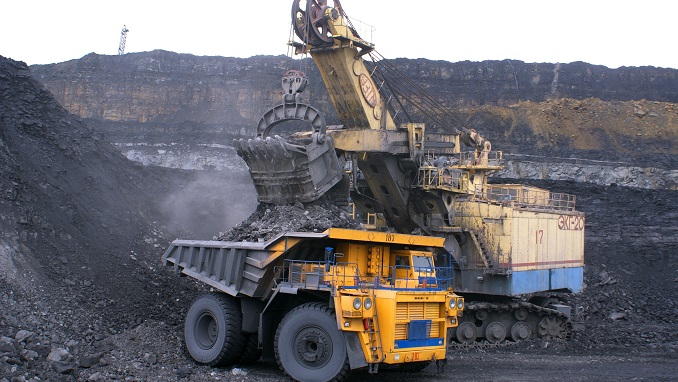China Energy Investment Corp. had placed an order to acquire Australian coal, marking one of the first transactions after Beijing relaxed an unofficial ban put on coal imports from Australia in 2020. Three sources with knowledge of the situation stated this on Friday.
They made the decision at a time when relations between Beijing and Canberra are warming up and China is attempting to fulfill rising demand due to increased electricity usage as a result of the relaxation of coronavirus-related restrictions.
According to the sources, the cargo for China Energy will probably be loaded by the end of this month.
The first order is for power plants
China Energy did not immediately answer an inquiry for comment. According to two of the individuals, the company has only ordered thermal coal, which is normally used in power plants.
Prior to the informal ban, which took effect as diplomatic relations soured in 2020, Australia was China’s second-largest coal exporter. In 2021 and 2022, the number of cargoes sent from Australia to China—which had made up about a quarter of total Australian coal supplies in 2019 – was nearly zero.
At the expense of China, Japan, India, and European nations prospered, which increased imports from Australia. According to data from consultant Kpler, China increased shipments from Indonesia in 2021 and Russia in 2022.
Australia found other markets
By 2022, Australia would have contributed 36.5% of Japan’s imports, up from 27.6% in 2019. According to the Kpler statistics, Europe’s proportion of Australian coal jumped to 8% from 4.6% in 2022, while India’s share rose to 15.7% from 12.3%.
Despite the fact that China is now purchasing Australian coal, traders and consumers warn that the move may not immediately change trade routes. Australia developed new trade routes while China unofficially banned black fuel.
An executive at a state-run utility in China claimed that due to substantial power plant inventories and the fact that Chinese power plants normally consume coal with lower heating values, there was little demand for Australian thermal coal shipments in China.
High-quality Australian coal is more expensive
Australian thermal coals are more expensive and of a higher grade. Thus, the official speculated, Chinese utilities could be less eager to purchase.
According to a source at a Japanese supplier, the move will have a limited impact on Japanese utilities. It is because they typically rely on higher-quality Australian thermal coal while Chinese consumers choose lower-quality fuel.
According to the source, there won’t be much of a difference in the prices Japanese steelmakers pay for Australian coking coal.
Australian trade with China won’t affect Japan
According to the source, the lifting of the restriction won’t require Japanese steelmakers to find alternatives because they’ve already contracted for the materials they need.
Following Russia’s invasion of Ukraine last year, both coking and thermal coal prices across the globe skyrocketed. As a result, major consumers like China and India increased their purchases from Russia, which was offering huge discounts.
Analysts and traders anticipate that the reintroduction of Australian coal will put pressure on prices in the long run by competing for market share with suppliers like Russia.
Coking coal costs, which are now on the high side, is reducible if Australian product enters Chinese markets, according to an Indian broker.

